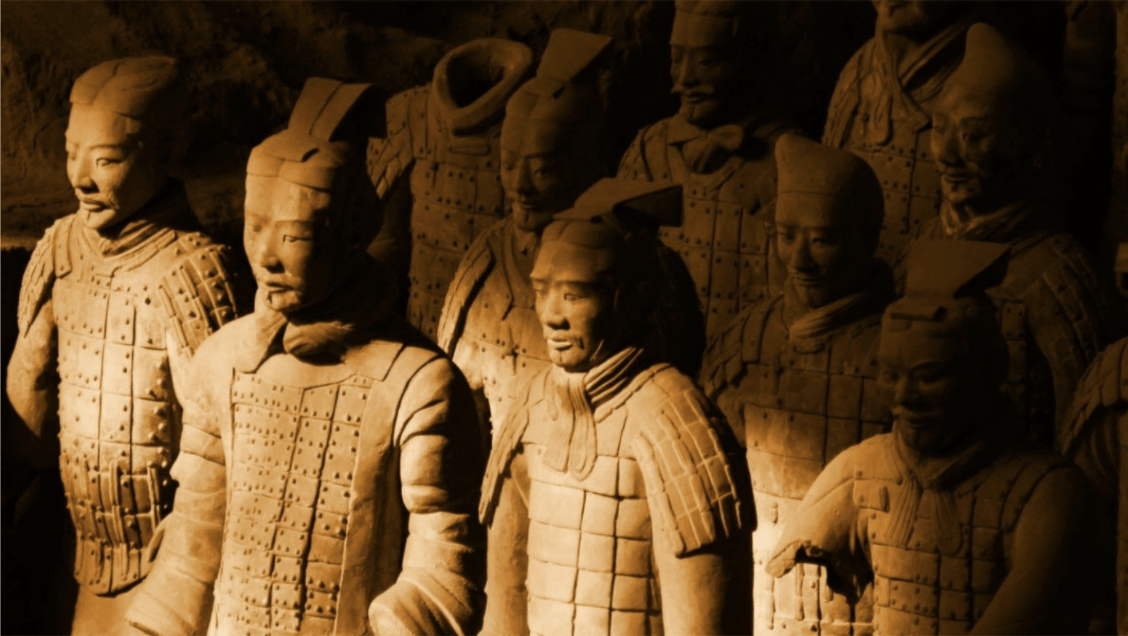The Sounds of Sappho
By Catherine Sorrentino
When the Library of Alexandria went up in flames, so did the nine volumes of Sappho’s collected works, leaving only pieces and fragments for scholars to sift through in search of her remarkable voice. And yet, against all odds, from only a handful of lines and verses, Sappho rose from the ashes to become a cornerstone of women’s poetry and right to expression…









